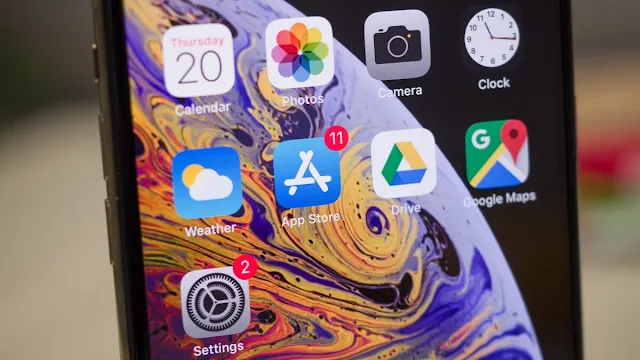Related Stories
It's no secret that the late Steve Jobs looked down on Android and saw it as a blatant deprivation of iOS. Jobs was famously saying he wanted to destroy Android and would do so if he had to wipe out Apple's cash. To the average layman, both operating systems may look similar, but as phone enthusiasts know, there are major differences.
Apple has blamed Android malware for its ability to sideload apps.
iOS is a classic cliché, "walled garden," while Android is open, allowing users to customize their device to their liking. Also, although Apple recently borrowed from Android (using the home screen widget and the new customizable lock screen in iOS 16 are two examples), one of the Android features that Apple has decided to never offer is: It is a function to sideload the application.
Android users have the option to install apps from third-party app stores. This is known as sideloading, and Apple has come under pressure from governments at home and abroad to allow this on his iPhones. With the recently passed European Digital Markets Act (DMA), Apple may end up allowing sideloading on devices (providing some sort of cross-platform support for messages and adding third-party in addition to allowing payment options).
Allowing the use of third-party app stores outside of Apple's control could allow iPhone users to inadvertently install malware onto their phones. The Senate Judiciary Committee called Apple's stance on sideloading "unfounded, dishonest and dishonest." However, Apple has returned the service in its own strong letter to the committee obtained by his 9to5Mac.
The letter, dated March 3, was signed by Apple's senior director of government affairs, Timothy Powderly. "None of the apps appeared to use 'exploitation techniques' to gain access to the device or carry out its attack. All of these apps operate within the security boundaries of the operating system. without mining."
The letter notes that Kaspersky security researchers have reached the same conclusion. Kaspersky blamed malware found on Android phones by cybercriminals “turning a malicious app into another popular and desirable app. All they have to do is identify the exact application or at least the type of application that is currently in demand. "


Post a Comment
Hey... say something!